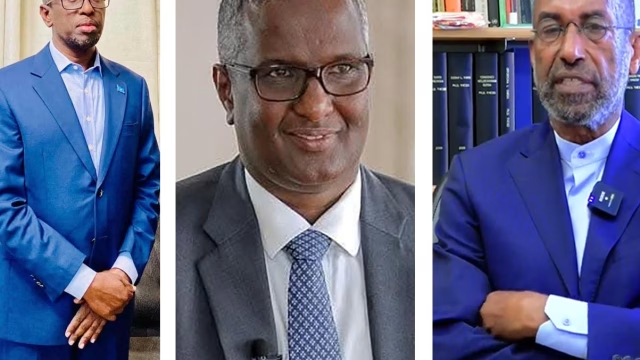At least nine people were killed in fighting on Thursday between rival areas in Somalia’s usually…

At least nine people were killed in fighting on Thursday between rival areas in Somalia’s usually calm Somaliland region, residents said, highlighting the fragility of security improvements anywhere in the Horn of Africa nation.
Somaliland forces launched an offensive on a town where people had inaugurated a man they said was president of the newly autonomous Khatumo area. Officials and many attending the occasion in north Somalia fled to the nearby Ethiopian border.
The incident shows how quickly clashes can flare in Somalia, even in quieter regions like Somaliland where some semblance of normality has returned to towns after years of conflict between warlords across the nation on Africa’s eastern tip.
Somalia was fractured by more than two decades of conflict after the toppling in 1991 of the dictator Siad Barre, who held the nation together with brute force. Clan warlords and then Islamist militants have fought over the pieces.
Somaliland itself is a self-declared independent state, which Somalia’s government in Mogadishu is seeking to gather into a federal system, although even getting the two sides together for talks on the subject has proved difficult.
The Somaliland forces attacked Saahdheer, a town that lies close to the Ethiopian border, the boundary of Somaliland and another semi-autonomous area known as Puntland.
“Somaliland took over the town and the Khatumo state officials and forces fled into Ethiopia after serious fighting,” shopkeeper Abdullahi Farah told Reuters by telephone.
“Now the mood is calm and Somaliland forces control the town, which is under curfew now. I counted nine dead people and more than 10 others injured,” he said.
The areas claimed by supporters of Khatumo are themselves disputed by Puntland and Somaliland.
Somalia’s Western-backed government in Mogadishu has been trying to reassure suspicious regions about the benefits of federalism, while it also battles Islamist rebels, relying heavily on African Union peacekeeping forces for security.


